As winter weather approaches and temperatures drop, it’s important to remember that our beloved pets need extra care to stay safe and healthy during the winter season. Just like us, pets can feel the effects of the colder months. From morning walks on frozen icy sidewalks to exposure to salt and other dangerous chemicals used to keep roads safe, winter conditions can be harsh on your pet’s paws and potentially put them in a dangerous situation. Understanding winter safety hazards and how to protect your pet can make a world of difference in keeping them comfortable and healthy all season long.
Whether your pet enjoys the outdoors or prefers lounging inside, taking a few extra precautions can make all the difference. At Mountain View Animal Hospital & Holistic Pet Care, we understand the unique needs of pets in the winter months. From providing warmth to ensuring they stay active and healthy, we are here to help you keep your furry friends safe all season long.
8 Tips For Keeping Your Pet Safe in the Winter
When the colder months kick in, it’s important to keep your pet safe and warm. Here are some tips for your furry friends in cold weather:
1. Keep Pets Sheltered
If it is too cold outside for you, it is probably too cold for your pet as well. Dogs that are small, elderly, or have thin coats are at increased risk of harm if left outside in the cold for too long. Even if your pet is used to spending the majority of their time outside, they can get frostbite, hypothermia, become disoriented, or even freeze to death if left outside in extreme temperatures for too long.
2. Protect and Clean Your Pet’s Paws
Winter conditions typically bring salt and other chemicals to help keep roads clear of ice and snow. These chemicals can cause irritation and harm to your pets and might be toxic if your pets lick their paws after being outside. The ASPCA recommends covering your pet’s paws in petroleum jelly or for them to wear booties to help protect them from the harsh elements. You should also wash your pet’s paws as soon as you are home to remove any irritants.
3. Take Care of Their Coat and Skin
Cold winter conditions can cause dryness and irritation to your pet’s coat and skin. Towel drying your pet after they have been outside can help prevent dry, itchy skin. Pay special attention to their paws and the space between their toes, as snow and moisture can get caught here, causing inflammation and irritation. It is also recommended that you keep your pet’s coats long and bathe them as little as possible during winter.
4. Know Your Pet’s Tolerance to the Cold
Some animals have a higher tolerance to extreme temperatures than others. Keep an eye on your pet for any signs of hypothermia or disorientation while you are outside, and adjust as needed. Some signs of hypothermia include:
- Whining
- Shivering
- Anxiety
- Slower than normal movements
- Weakness
- Looking for a warm place to burrow
If your pet is showing any symptoms of hypothermia, you should get it back inside as quickly as possible and consult your veterinarian immediately.
5. Keep Your Pets Away From Antifreeze
While antifreeze helps keep your car’s engine running efficiently in extreme temperatures, it is toxic to dogs and cats and should be kept out of their reach. Make sure to clean up any spills or leaks, and clean your pet’s paws with a wet cloth when you return home to ensure no residue is left for them to lick.
6. Protect Outdoor Animals
If you can’t bring your pet inside, they should be provided a dry shelter that blocks the wind. This shelter should be large enough for them to move around but small enough to help contain their body heat. The floor should also be raised off of the ground and covered in an insulating material like straw or cedar shavings.
7. Check Your Engine Before Starting Your Car
Outdoor animals like cats are drawn to car engines for warmth and seek shelter from the elements under your car’s hood. You should bang on your hood, check under your car, and make noise before starting your engine to scare away any outdoor animals that might be injured by your vehicle.
8. Keep Your Pet on a Leash
Your pet’s sense of smell can be affected in the snow and they might become disoriented in a snowstorm. Always keep your pet on a leash to avoid getting lost in harsh conditions. You should also avoid walking on frozen lakes, ponds, or other bodies of water with your pet, as the ice might not be able to hold your combined weight.
Is Your Pet Ready for Winter? Let’s Ensure Their Health at Mountain View Animal Hospital & Holistic Pet Care
At Mountain View Animal Hospital & Holistic Pet Care, we understand the unique challenges that winter weather presents for your furry companions. Our team is dedicated to providing personalized care to help your pet navigate the cold season comfortably and healthily. If you’re unsure how the winter months may affect your pet or if it’s time for a wellness check, don’t hesitate to reach out.
Take action today to keep your pet safe and happy all winter long. Contact Mountain View Animal Hospital & Holistic Pet Care at (775) 853-6900 or request an appointment online. Our experienced team is here to help ensure your pet is ready for whatever winter has in store!


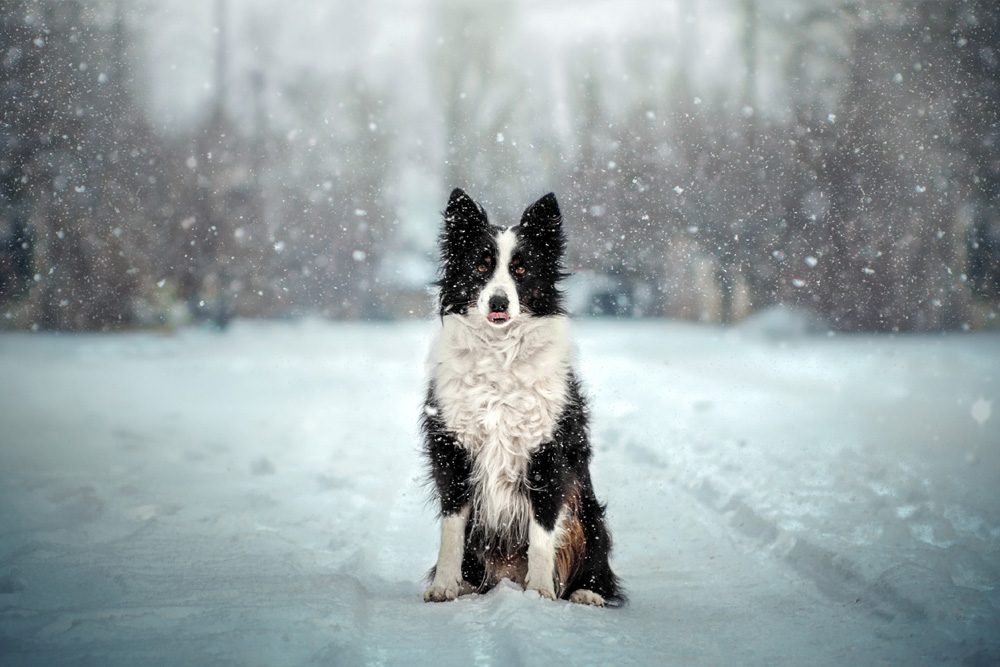

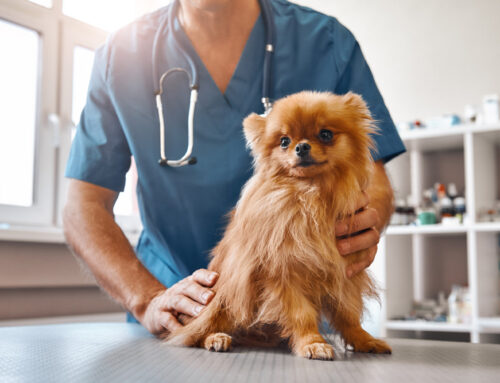
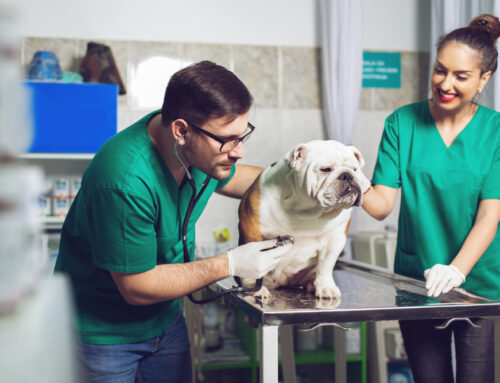
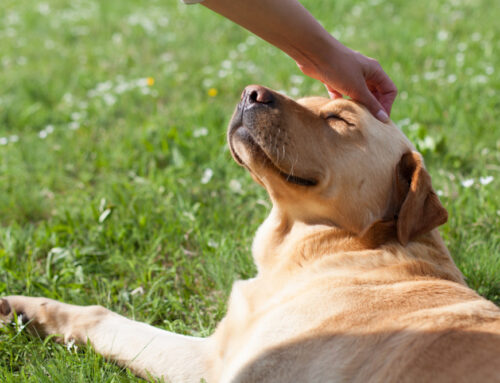
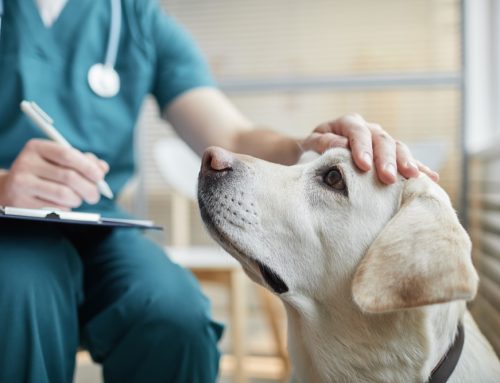




Leave A Comment